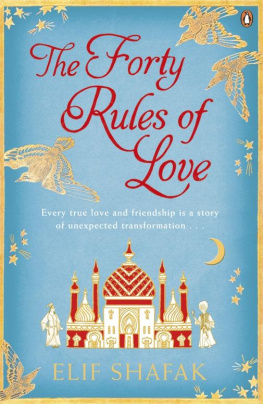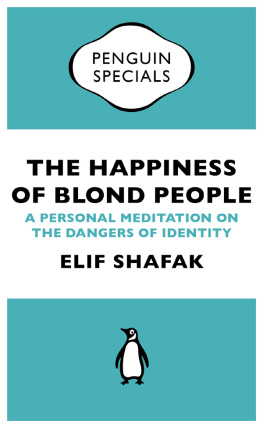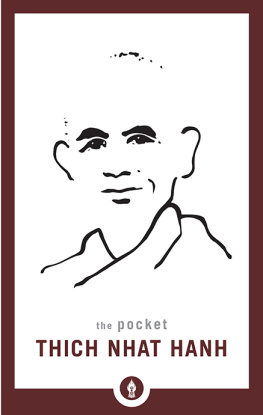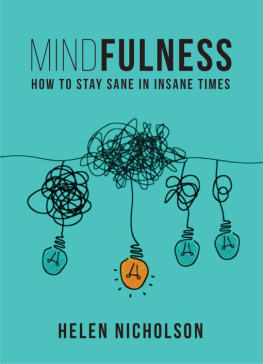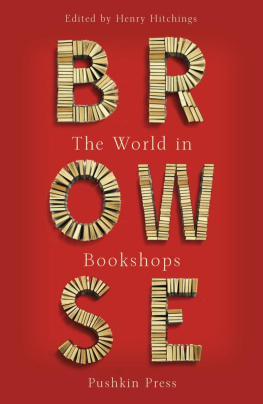ALSO BY ELIF SHAFAK
FICTION
The Hidden
Mirrors of the City
The Gaze
The Flea Palace
The Saint of Incipient Insanities
The Bastard of Istanbul
The Forty Rules of Love
Honour
The Architects Apprentice
Three Daughters of Eve
10 Minutes 38 Seconds in This Strange World
NON-FICTION
Black Milk

wellcome collection is a free museum and library that aims to challenge how we think and feel about health. Inspired by the medical objects and curiosities collected by Henry Wellcome, it connects science, medicine, life and art. Wellcome Collection exhibitions, events and books explore a diverse range of subjects, including consciousness, forensic medicine, emotions, sexology, identity and death.
Wellcome Collection is part of Wellcome, a global charitable foundation that exists to improve health for everyone by helping great ideas to thrive, funding over 14,000 researchers and projects in more than 70 countries.
wellcomecollection.org
DISILLUSIONMENT AND BEWILDERMENT
DISILLUSIONMENT IS WIDESPREAD and that should not come as a surprise. After all, the system from inefficient global institutions to frayed domestic politics, from big tech companies holding monopoly power to the widening gap between urban and rural areas or between the uber-rich and the poor is broken and we havent found a way to fix it yet. Trust is eroding. Never were so many big promises made to so many for so long, only to have delivered so little in the end. For decades, we have been told that we voters knew best, we consumers were always right, we the citizens deserved the worthiest services, while thanks to information technologies and commercial partnerships, other nations, too, would soon adopt our ways and through advances in biotech we would soon get to live for more than a hundred years. Even if we ran into snags along the way it would not cause us to lose momentum since history was on our side. In reality, though, people were let down, again and again. If this was progress, they felt like its spectators, not beneficiaries. Increasingly, and painfully, they were made to feel insignificant, irrelevant. And now we all stand and stare at a political system that churns out slogans like advertising copy, at a financial market that is motivated only by greed and profit, at the recent events that dont move in the linear progressive way expected, realising that underneath the polished veneer of rhetoric that we have been sold, there is and always was hollowness. No wonder, then, that we are deeply disillusioned.
Equally, as AI technology and machine learning grow more sophisticated and more ubiquitous, not waiting for human cognition to catch up, and the chasm between high skilled and low skilled workers deepens and jobs continue to disappear, we remain bewildered. We dont quite understand how the internet works but we dont want to say that aloud because everyone else seems to be okay with that, so we must accept it too. As citizens we do vote regularly, yet we dont remember ever casting a vote as digital citizens. More and more it feels that, when it comes to digital technologies, all the decisions are taken without us and despite us. As one recent study put it, While there is a general awareness of surveillance, the uncertainty about how and why data is collected indicates that it happens without much public interrogation. We are confused but confusion has now become a way of life.
Whichever way you look at it, this is a threshold moment. An inbetween-dom. A perplexing interval between a prolonged end and an unknown beginning. Antonio Gramsci, the Italian intellectual and political thinker arrested by Mussolini, wrote in his prison cell, the crisis consists precisely in the fact that the old is dying and the new cannot be born; in this interregnum a great variety of morbid symptoms appear.
Morbid, in the sense Gramsci uses it, means related to disease; and we, too, find ourselves falling ill due to the state of uncertainty we are surrounded with betwixt and between, neither capable of letting go of the old order that made us increasingly unhappy nor capable of building a new world with solutions from lessons learned. We are exhausted by anxiety, consumed with anger, our minds and defences all too often overwhelmed.
Elderly Turkish and Kurdish women in Anatolia say beware of thresholds. Because they see such a point of transition as the domain of the djinn, creatures made of smokeless fire, famous for their fickleness. I am interested in oral traditions and I find it intriguing that in that unwritten culture a threshold is regarded as the domain of elusiveness, obscurity, precariousness. To employ the same metaphor, it is frightening to suddenly find ourselves in a zone of unpredictability. But if there is one thing that is even more frightening, it is to find ourselves here all alone. To be part of a collective feels more anchored, less anxiety-inducing. This is what Erich Fromm highlighted when he explained how an individual, after being afflicted with insecurity and vulnerability, aspires to gain a new sense of safety and self-worth by equating himself/herself with a large body of people. He is nothing but if he can identify with his nation, or can transfer his personal narcissism to the nation, then he is everything.
According to Fromm, collective narcissism at times cloaked itself in nationalism. At other times, it camouflaged as religious narcissism, when believers doggedly held the conviction that members of their faith were dearer to God and far more deserving of paradise and more virtuous than others simply by being born into it. Depending on place and time, narcissism could acquire other forms of collective identification. In each case, the individual satisfies his own narcissism by belonging to and identifying himself with the group. Not he the nobody is great, but he the member of the most wonderful group on earth.
Today, social media and digital communication have both accelerated and heightened group narcissism. Stuck in our whispering galleries we have become bad listeners and even worse learners. Whether in public or digital spaces nuanced debates are not welcome any more. Instead there are clashing certainties. Media panels often exacerbate dualities. On our television screens or YouTube channels almost every day we watch people from opposite camps, talking and shouting over each other. They are not there to listen and they are not there to learn. They are there to make a point, and to harangue and fulminate. Likewise, far too often, we viewers are not tuning in with the aim of discovering anything new either ordinarily we want to see our guy beat their guy.
Meanwhile, the algorithms pick our preferences so that the next day, and the day after, they can feed us more of the same, albeit at the same time magnifying and intensifying the messages little by little. If, for instance, I have anti-Semitic or Islamophobic or misogynist or homophobic tendencies to begin with, the algorithms keep showing me more content in that vein, steadily convincing me that my suspicions are vindicated, that Jews or Muslims or women or homosexuals are the source of all ills. The more I follow such material the more knowledgeable and up-to-date I assume myself to be. I continue gathering evidence, scoring points in polemical debates with make-believe enemies inside my head. Have you noticed that people who are obsessed with conspiracy theories and take a certain satisfaction in diatribes and monologues, tend to know a remarkable amount about the subject that possesses them, most of it either pure misinformation or information filtered to suit their initial prejudices?
Next page


